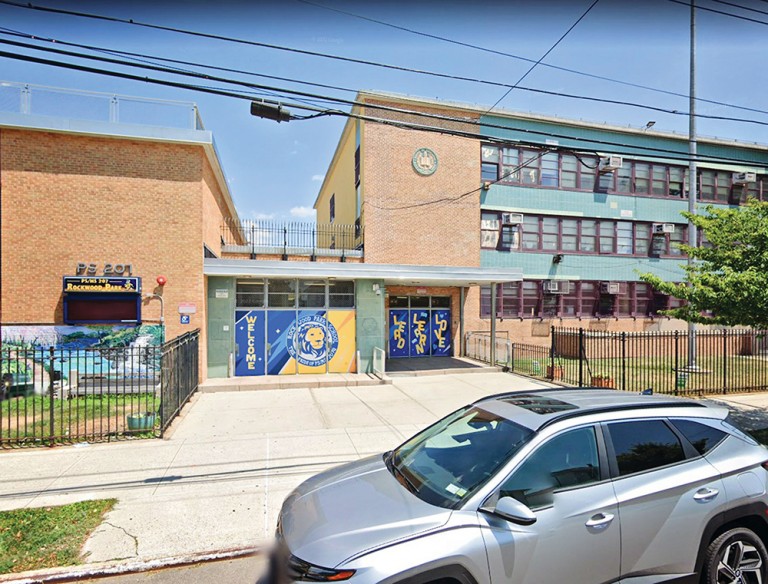By Forum Staff
State Attorney General Tish James and State Education Department Commissioner Rosa on Monday released “Know Your Rights” guidance affirming that every student between the ages of 5 and 21 has the right to a free public education in New York, regardless of the student’s nationality or immigration status.
The guidance details schools’ responsibilities in accepting new students and warns against the implementation of policies or requirements that would prevent noncitizens, undocumented students, and families without a lease from registering for school.
Under New York law, students between the ages of 5 and 21 have the right to a free public school education. Any policies that prevent students from enrolling in their local public school violate that lawful right. Federal and state laws require public schools to accept and enroll school-age migrants and other students experiencing homelessness, or living in shelters or other temporary housing, even if those students cannot provide proof of residency, school records, or other documents usually required for enrollment.
In order to attend a school district’s schools for free, students must live in that district. While schools can ask families to submit documentation proving residence, they must accept many different kinds of proof, including but not limited to:
- Letter or affidavit from the student’s landlord;
- Letter or affidavit from a social worker, teacher, lawyer, religious leader, or other individual with personal knowledge of the student’s residence;
- Pay stub that shows the student’s address;
- Bill for a utility or service, including cell phone, that shows the student’s address;
- Membership documents based on residency, such as library cards, whether or not they show the student’s address;
- Government-issued identification that shows the student’s address; and
- Documents issued by a government agency, such as a local social services agency or the federal Office of Refugee Resettlement, among others.
When a student requests enrollment, the school must allow the student to begin attending classes the next school day, or as soon as possible. The student then has three business days to prove residency. If the school decides the student is not a resident and therefore not eligible to attend, the school must provide a written notice explaining the decision and how the student can appeal.
New York schools should not impose residency requirements for students that would make it difficult for noncitizens, undocumented students, and students who live in rented homes without a lease to register for school. Such policies include:
- Requiring proofs of residency be less than 30 days old;
- Requiring students to present proof of residency more than once if residency has not changed;
- Making home visits to investigate every student who does not have a lease or deed;
- Denying enrollment if a student or their family cannot provide a voter registration card or driver’s license;
- Requiring a social security number or any details about a student’s immigration status as a condition of enrollment; and
- Reporting or threatening to report information about a student’s living situation to local code-enforcement authorities.
“With the first day of school just around the corner, we must ensure that all students are welcomed to attend without delay or difficulty,” James said.

